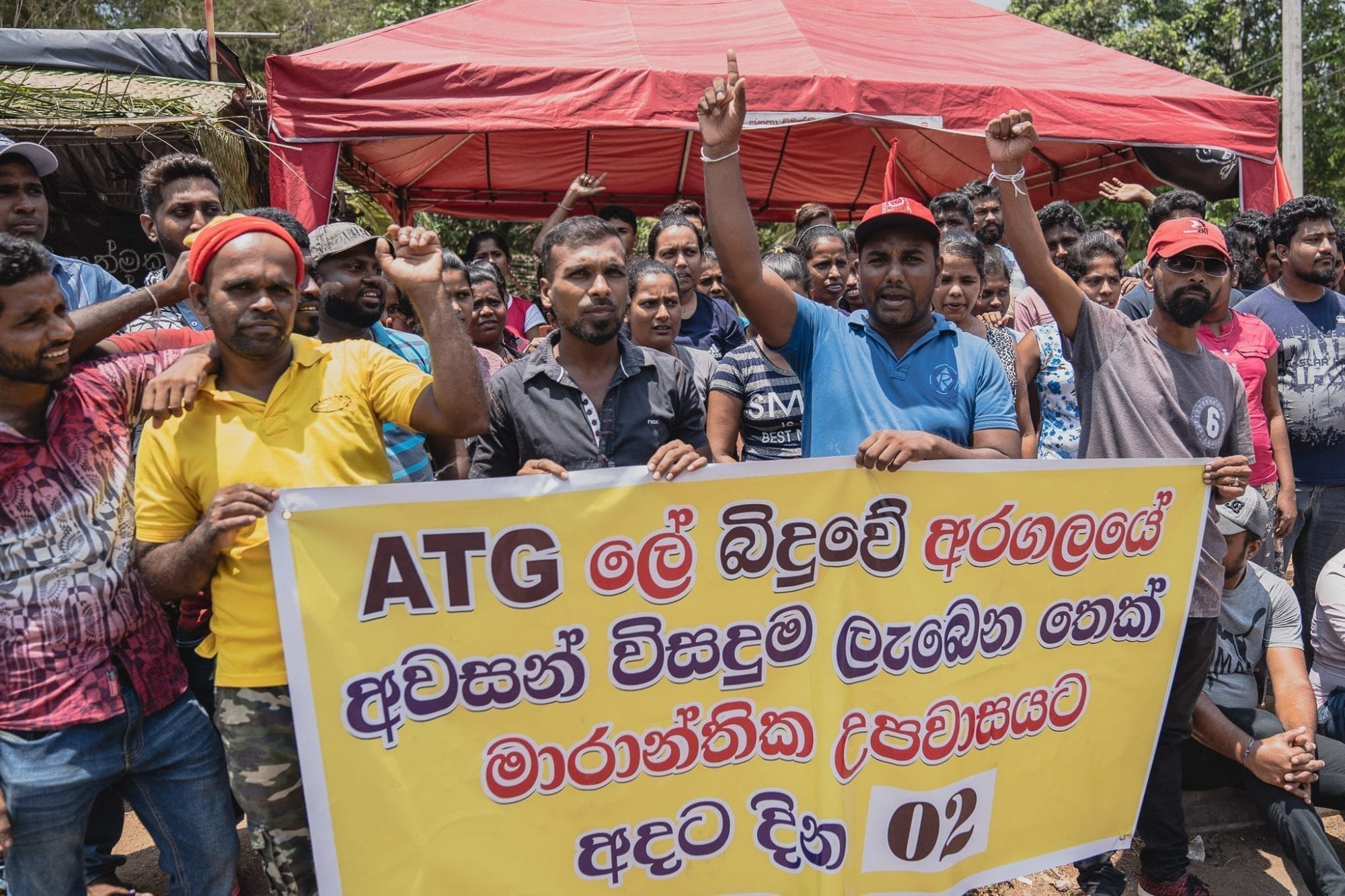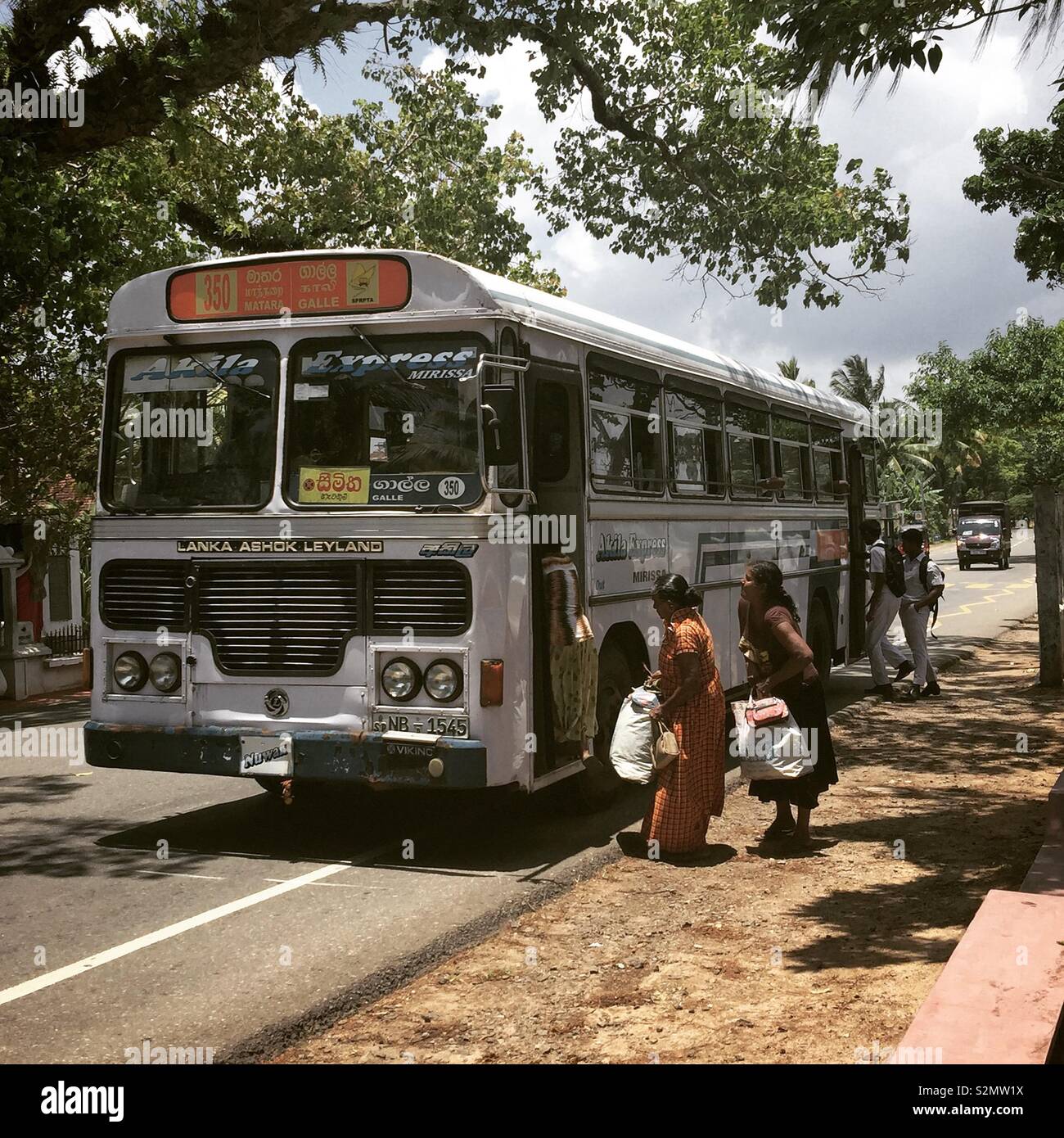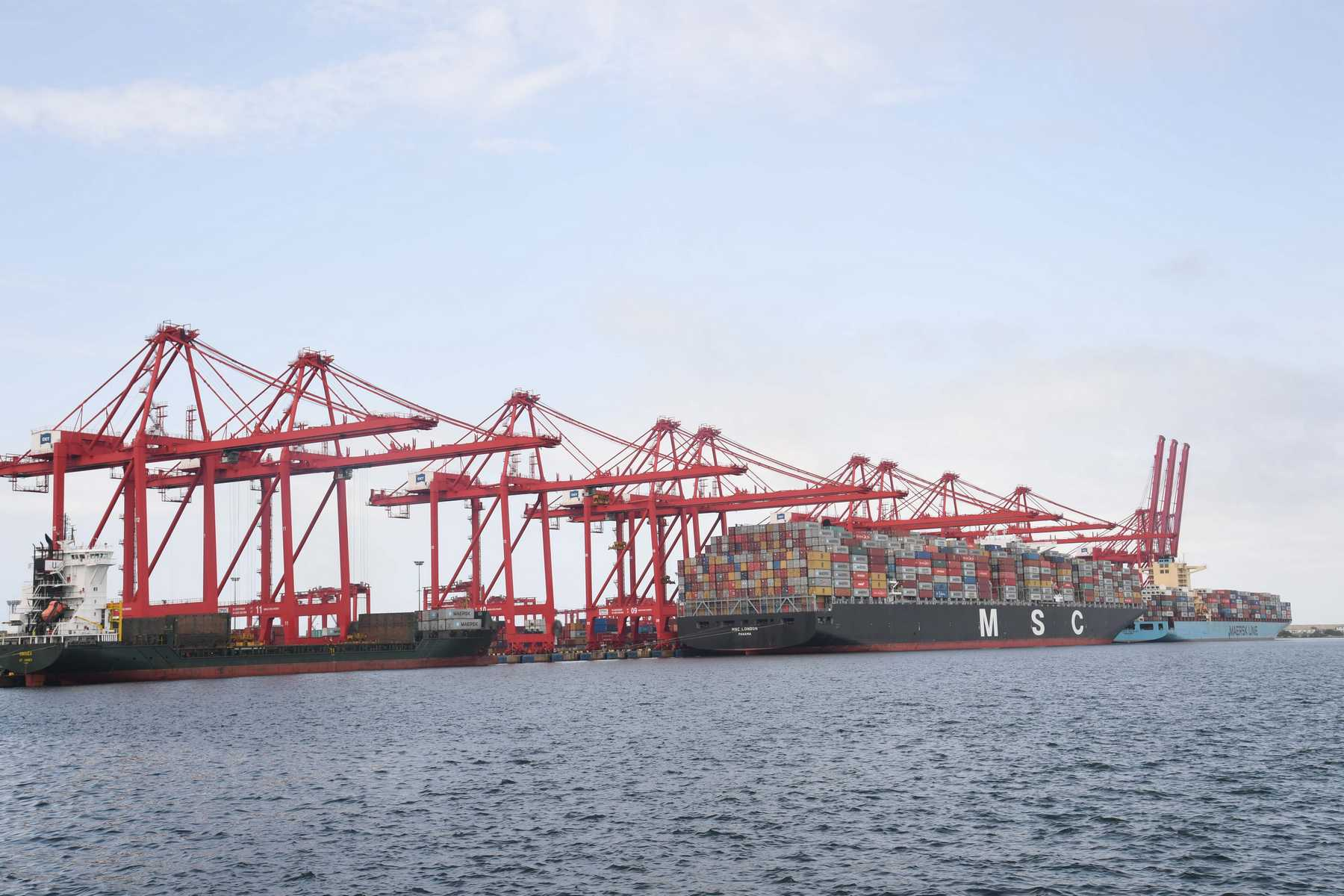Sri Lanka's transportation system has been crippled by a bus strike, leaving millions of commuters stranded and causing significant economic disruptions. The strike, which began on Monday, has brought bus services to a halt across the country, disrupting the daily lives of commuters and businesses alike.
Editor's Notes: The Bus Strike In Sri Lanka: Impacts On Commuting And Economic Disruptions was published on 2023-04-11. The bus strike in Sri Lanka has had a significant impact on the country's economy. The strike has caused disruptions to businesses, reduced tourism, and led to job losses.
Our team of experts has analyzed the situation and compiled the data in a clear format to help you understand the Bus Strike In Sri Lanka: Impacts On Commuting And Economic Disruptions.
| Key Differences | Commuting | Economic | |
|---|---|---|---|
| Impact on Commuters | Delays and cancellations of bus services | Missed work and appointments | Increased traffic congestion |
| Impact on Businesses | Reduced sales and productivity | Disruptions to supply chains | Loss of revenue |
| Impact on Tourism | Reduced number of tourists | Loss of revenue for tourism businesses | Negative impact on Sri Lanka's reputation as a tourist destination |
The strike is a major challenge for the Sri Lankan government, which is already facing a severe economic crisis. The government has called on the striking bus drivers to return to work, but they have refused, demanding higher wages and better working conditions.
FAQ
This section addresses frequently asked questions about the bus strike in Sri Lanka and its impact on commuting and economic activity.

Sri Lanka strike 97-run DLS defeat upon Scotland – Cricket Scotland - Source www.cricketscotland.com
Question 1: What is the primary reason behind the bus strike?
The strike is primarily driven by demands for higher wages and improved working conditions from bus operators and drivers.
Question 2: How has the strike affected commuting in Sri Lanka?
The strike has caused significant disruptions to public transportation, particularly in urban areas. Many commuters are facing delays, overcrowding, and increased travel costs due to the limited availability of alternative transportation.
Question 3: What are the economic consequences of the bus strike?
The strike has led to business closures, disruptions in supply chains, and a decline in tourism. The economic losses associated with the strike are estimated to be substantial.
Question 4: What measures are being taken to resolve the strike?
Negotiations between the government and bus operators are ongoing. Both parties are seeking a compromise that addresses the demands of the strikers while minimizing the impact on commuters and the economy.
Question 5: How long is the strike expected to last?
The duration of the strike is uncertain. It will depend on the progress of negotiations and the willingness of both parties to reach an agreement.
Question 6: What alternative transportation options are available during the strike?
Commuters are advised to explore alternative modes of transportation, such as trains, private vehicles, or ride-sharing services, during the strike.
While the bus strike in Sri Lanka poses significant challenges, it is crucial for all parties involved to work together towards a swift resolution that balances the interests of commuters, bus operators, and the economy.
For more information, please refer to the relevant sections of this article.
Tips for Coping with Bus Strike Impacts
The ongoing bus strike in Sri Lanka has significantly disrupted commuting and economic activities. To navigate these challenges, consider implementing the following tips:
Tip 1: Explore Alternative Transportation Options
Consider carpooling, using ride-sharing services, or opting for public transportation such as trains or ferries. Research local bus routes that may still be operational.
Tip 2: Adjust Commuting Time
Allow extra time for commuting, as alternative transportation modes may take longer to reach destinations. Leave home earlier to avoid delays and stress.
Tip 3: Work Remotely if Possible
For those who have the option, consider working remotely to minimize commuting disruptions. This can help maintain productivity and reduce the need for alternative transportation.
Tip 4: Prioritize Essential Trips
Limit non-essential travel and focus on completing essential errands during off-peak hours. This can minimize the impact of the strike on your schedule.
Tip 5: Communicate with Employers and Co-Workers
Inform your employers and co-workers about the strike and any potential delays or changes in work arrangements. Transparency can help manage expectations and minimize inconvenience.
Refer to Bus Strike In Sri Lanka: Impacts On Commuting And Economic Disruptions for more insights into the strike's impact and mitigation measures.
Bus Strike In Sri Lanka: Impacts On Commuting And Economic Disruptions
The bus strike in Sri Lanka has resulted in severe disruptions across multiple sectors. Key aspects affected by the strike include transportation, economy, daily life, tourism, student education, and health services.

Solidarity Center - Sri Lanka Workers Wage Hunger Strike for Justice at - Source www.solidaritycenter.org
- Transportation: Halted bus services have left commuters stranded.
- Economy: Businesses rely on bus transportation for their operations and face revenue losses.
- Daily life: Essential activities such as grocery shopping and healthcare appointments are impacted.
- Tourism: Transportation to tourist attractions is halted, affecting tourism revenue.
- Student education: Students relying on buses for school commute are affected.
- Health services: Access to healthcare facilities is limited due to transportation issues.
The strike highlights the importance of reliable public transportation for a functioning society. The cascading effects on economy, education, healthcare, and daily life underscore the interconnectedness of these aspects. Resolving the strike becomes crucial to minimize disruptions and restore normalcy.

Commuting in Sri Lanka Stock Photo - Alamy - Source www.alamy.com
Bus Strike In Sri Lanka: Impacts On Commuting And Economic Disruptions
The ongoing bus strike in Sri Lanka has caused significant disruptions to commuting and the economy. The strike began on October 24, 2022, after the government announced plans to increase bus fares by 20%. Bus drivers and conductors are demanding a higher salary and better working conditions.

Sri Lanka Port Strike Ends - Source www.marinelink.com
The strike has had a major impact on commuting. Many people rely on buses to get to work, school, and other destinations. The strike has forced people to find alternative means of transportation, such as trains, taxis, or private cars. This has led to increased traffic congestion and longer commute times.
The strike has also had a negative impact on the economy. The disruption to transportation has caused businesses to lose revenue and productivity. Tourism has also been affected, as many tourists rely on buses to get around Sri Lanka.
The government has said that it is committed to resolving the strike and has held several rounds of talks with union leaders. However, the two sides have not yet been able to reach an agreement. The strike is expected to continue for the foreseeable future.
The bus strike in Sri Lanka is a reminder of the importance of public transportation. Buses are an essential part of the transportation system and play a vital role in the economy. When buses are not operating, it has a ripple effect that can be felt throughout the country.
Conclusion
The bus strike in Sri Lanka is a serious issue that is having a major impact on the country. The strike is causing disruptions to commuting and the economy, and it is unclear when it will end. The government needs to work with union leaders to find a solution to the strike as soon as possible.
The bus strike is also a reminder of the importance of public transportation. Buses are an essential part of the transportation system and play a vital role in the economy. When buses are not operating, it has a ripple effect that can be felt throughout the country.